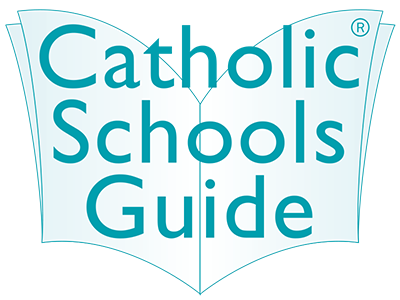News and Media

Five Choice-Informed Lessons for Telling Your School’s Story
Article Source: https://www.rhodesbranding.com/marketing/five-choice-informed-lessons-for-telling-your-schools-story/
Andrew Campanella, President and CEO of the National School Choice Awareness Foundation (best known for their annual initiative National School Choice Week), is one of the leading experts on the wide range of schooling options available in the U.S. Critically, he also understands what parents want and need to know when deciding on a school for their child.
Campanella’s book, The School Choice Roadmap: 7 Steps to Finding the Right School for Your Child, has earned a number of honors because of its value to parents, including a National Parenting Product Award, but its lessons are equally valuable to the leaders who are designing and marketing schools. What are parents looking for in a school and how can leaders demonstrate we have what they want?
As the guest on a recent episode of The Authority Podcast, he evaluated things from exactly this angle, and we’ve drawn a handful of valuable lessons from the interview. Given his relationships with parents and educators across the schooling spectrum and his work through National School Choice Week to “raise positive and equal awareness” of all schooling options, Campanella is well-positioned to help school leaders understand what parents want to hear from schools and how to deliver that message.
“Getting out there” with your story
“What does it mean for families when schools go out and promote themselves and say to families, ‘hey, this is why you should choose us?’ I think it means everything. And it can make a world of difference for a school,” says Campanella.
This lesson applies regardless of what makes your school unique. No matter what you want to tell people, it’s about telling them proactively and consistently. Campanella uses the example of Coca-Cola, a company that still invests in significant advertising well over a century into its existence, as evidence that public outreach works.
“People need to be reminded over and over and over again, not just that you are there and that you exist, but what it is you do and what makes you unique.” Letting people know about your good work is the way you continue to grow and recruit families, he says.
Empowering outside narrators harms your story
Not only is there an opportunity cost when schools don’t tell their own story — you also leave it open for someone else to tell their own inaccurate version.
“People will fill in the blank” when we don’t communicate our own objectives and successes, says leadership and career coach Eric Woodard. This applies to staff, faculty, parents, students and any other stakeholders — they’ll draw inferences based on what they do know, and what they think you might not be telling them.
Former teacher, assistant principal and entrepreneur Mike Ficara also describes this phenomenon in his book, Like Socks on a Rooster. “They aren’t your haters, they’re your narrators,” he says of the people who tell your story for you. “You’ve granted them the ability to speak for you through your silence.”
In the case of schools, this may be the parents or community members who are creating their own narrative based on their limited perspective on your work. It could also be your “competitor” schools who imply your shortcomings in contrast to their own narrative. In either case, these people may not intend to mislead or even criticize, but you’re probably unhappy with what they’re saying because it’s not the full truth as you’d tell it. The only thing to do, then, is to share your own story.

